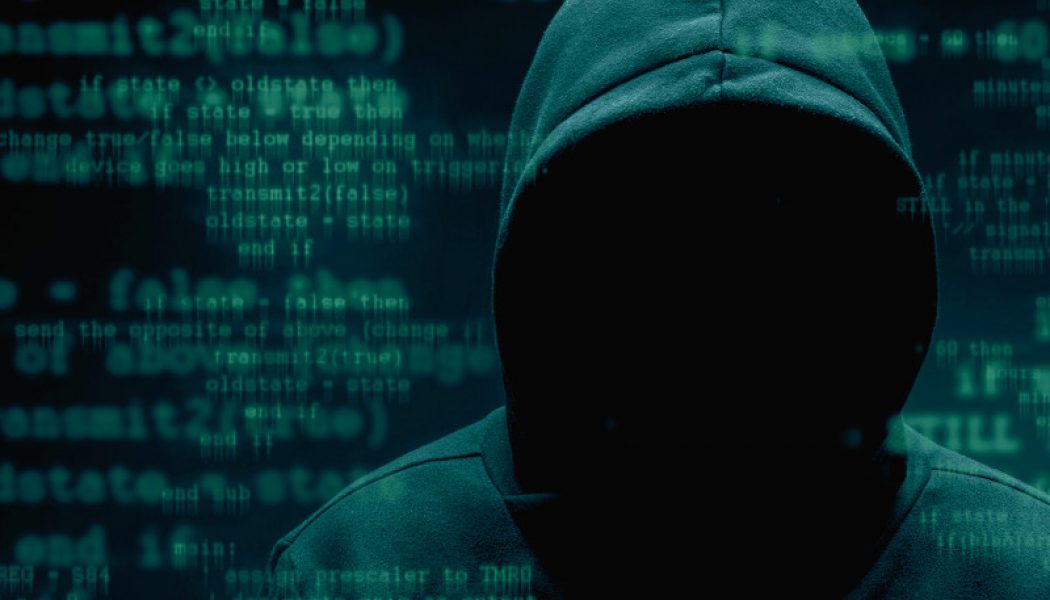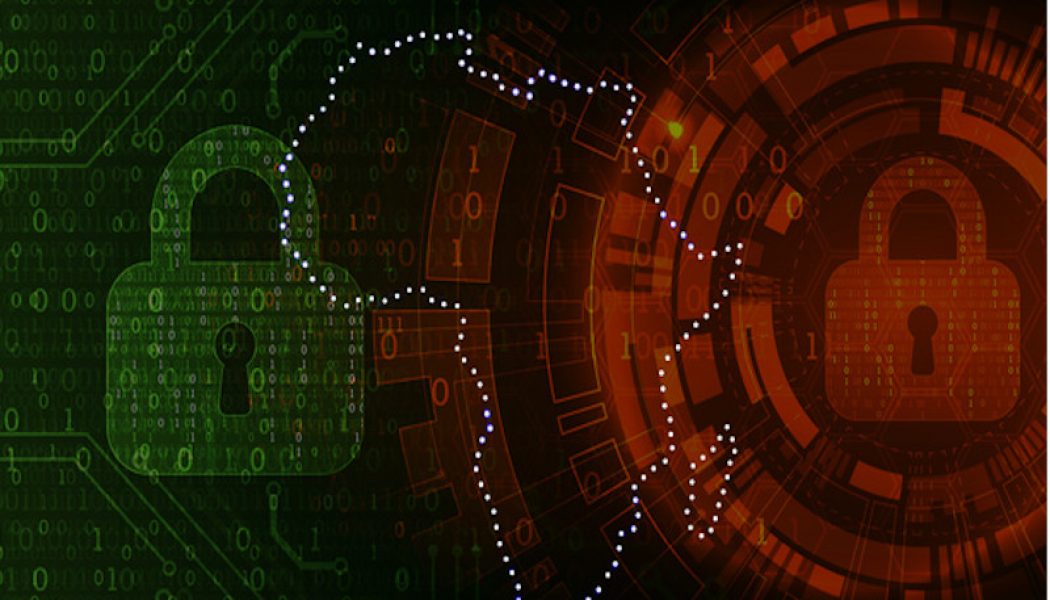Security
How Cyberattacks Mirror the Rate of COVID-19 Infections
Sourced from Getty Images. The number of cyberattacks on frontline healthcare responders have surged at the same time as the global COVID-19 pandemic, trending upwards almost entirely in line with case numbers. By March 2020, phishing emails had spiked by over 600% since February, as cyber-criminals looked to capitalise on the fear and uncertainty generated by the virus. One-third of these attacks used impersonation of a known brand as a tactic to steal money and data or to deploy a virus or ransomware. When comparing the number of phishing attacks and COVID-19 infections globally between January and March of this year, the rate of growth in phishing attacks correlates almost perfectly with the rate of increase in infections. While these attacks have been seen mostly by healthcare institut...
Zamfara government moves against illegal miners
Zamfara state government has warned illegal miners operating in the state despite Federal Government’s ban on mining activities, to desist or face prosecution. Dr Nuruddwen Isah, the state’s Commissioner of Environment, issued the warning on Saturday when he visited one of the suspected illegal mining sites at Sauna village in Talata Mafara local government area of the state. Newsmen report that the government’s warning followed an allegation and complaint by the Director of one of the licensed mining companies, Shamsudeen Sani. Sani alleged that the sole administrator of Talata Mafara local government area had mobilised machinery and was allegedly escavating precious stone on his (Sani) site. The commissioner warned all miners to as a matter of public importance, desist from engaging in m...
It’s not just Technology that Secures an Organisation – it’s also People
The 2020 Security Culture Report collected data from more than 120,000 employees across 24 countries to find out exactly how deeply security was embedded in the company culture. Or not. South Africa, Kenya, Botswana, Namibia, Zimbabwe, USA, UK, New Zealand, Norway and India were some of the countries included in the survey. The industries included Banking, Financial Services, Insurance, Education, Transport, and Energy and Utilities. The overall security culture scores were measured across seven dimensions that included Attitudes, Behaviours, Cognition, Communication, Compliance, Norms and Responsibilities. These were then further analysed against country and industry sector to provide a holistic global security overview. The results? Not what you might expect. “Asia has the highest securi...
Spyware is Distributed Under the Guise of Android Apps
Sourced from Republic Title A new kind of Android spyware has been distributed by Transparent Tribe, a prolific APT group, under the guise of official COVID-19 applications – according to Kaspersky researchers. The threat actors have capitalised on the pandemic to extend their operations and infect mobile devices. Recent findings show that the group has been actively working on improving its toolset and expanding its reach to include threats to mobile devices. During the investigation, Kaspersky was able to find a new Android implant used by the threat actor to spy on mobile devices in attacks, which was distributed as fake national COVID-19 tracking apps. The connection between the group and the two applications was made thanks to the related domains that the actor used to host malic...
NETSCOUT Proves it’s Ready to Take on Threat Actors
Risna Steenkamp, General Manager: ESM Division at Networks Unlimited Africa Midway through June, American citizens thought the country was experiencing the world’s biggest-ever distributed denial of service (DDoS) attack, which seemed to be taking down internet service providers, social media platforms, and online services from gaming to banking. It very quickly turned out that no such attack was underway at all, as reported by Forbes, but the most interesting point was that so many citizens in the world’s most technology-enabled Western country believed the story so quickly. “A DDoS attack is a malicious attempt to disrupt the normal traffic of a targeted server, service or network by overwhelming the target or its surrounding infrastructure with a flood of internet traffic,” explains Ris...
Why Organisations Need to Strengthen their Cyber Defences
At the start of 2020, very few people would have predicted the events that unfolded. The COVID-19 global pandemic caused unprecedented changes to all of our lives and has reshaped our entire working culture. From the accelerated pace of digital transformation and move to the cloud to the increased use of collaboration tools, cybercriminals looked to take advantage of these rapid and widespread changes for their own purposes. This week, Experian – a consumer credit reporting company, says it has experienced a breach of data which has exposed some personal information of as many as 24 million South Africans, and 793, 749 business entities, to a suspected fraudster. This is one of the many criminal cyber-attacks, exploiting the COVID-19 pandemic to target organizations and individuals across ...
Mastercard Improves Online eCommerce Security Capabilities
As digital commerce continues to accelerate owing to the COVID-19 pandemic, Mastercard has announced that it will offer new security services to merchants in South Africa. The company says that it hopes this will further protect consumers and increase convenience when storing Mastercard cards in merchant databases. Dubbed Mastercard Digital Enablement Service (MDES) for Merchants, the service uses a security measure known as tokenization to protect, speed up and simplify online and in-app Mastercard card purchases, as well as subscription-based and recurring payments like streaming music, video services, and utility bills. “Online shopping has gained significant traction in South Africa, and it is imperative for merchants of all sizes to ensure that they are offering a convenient, enjoyabl...























